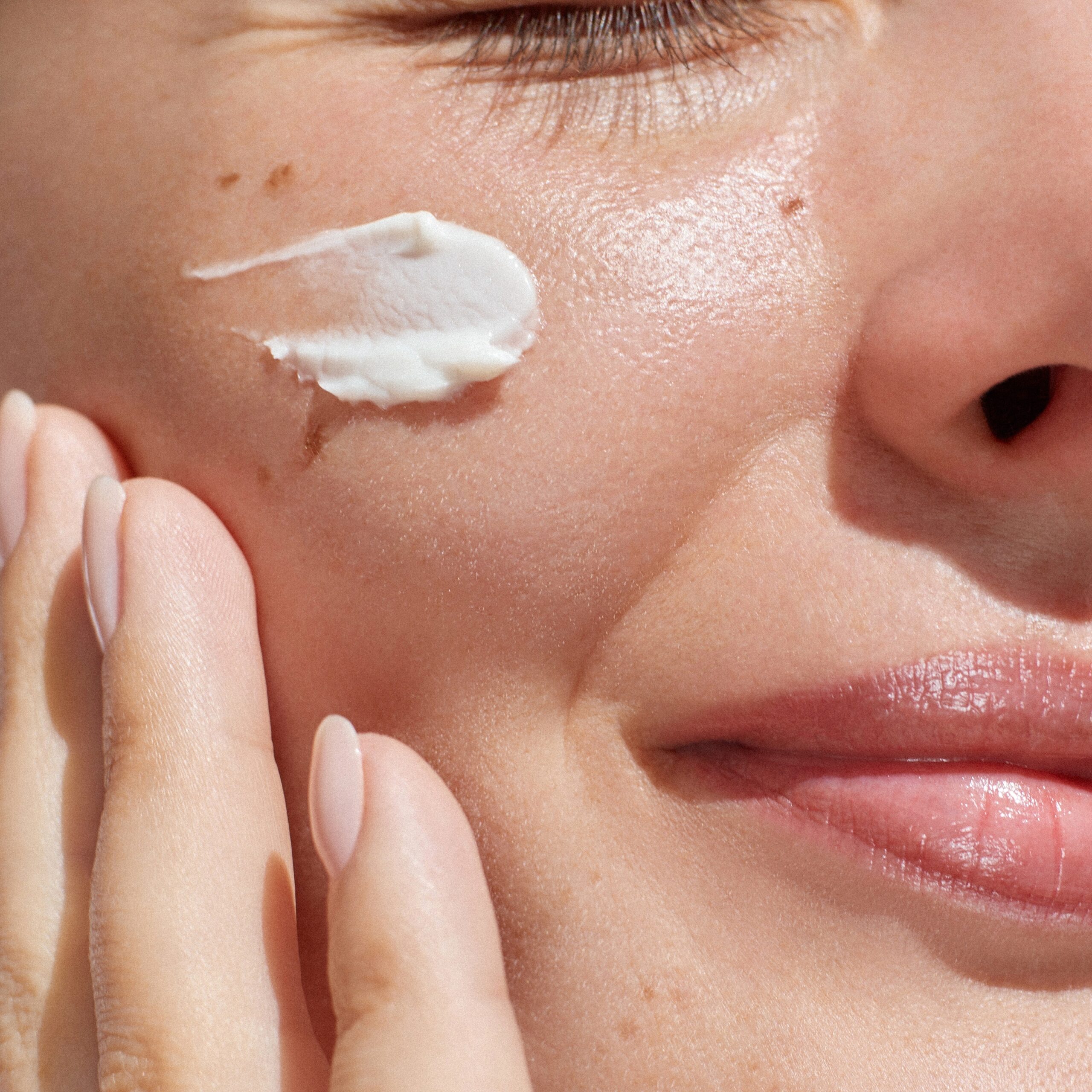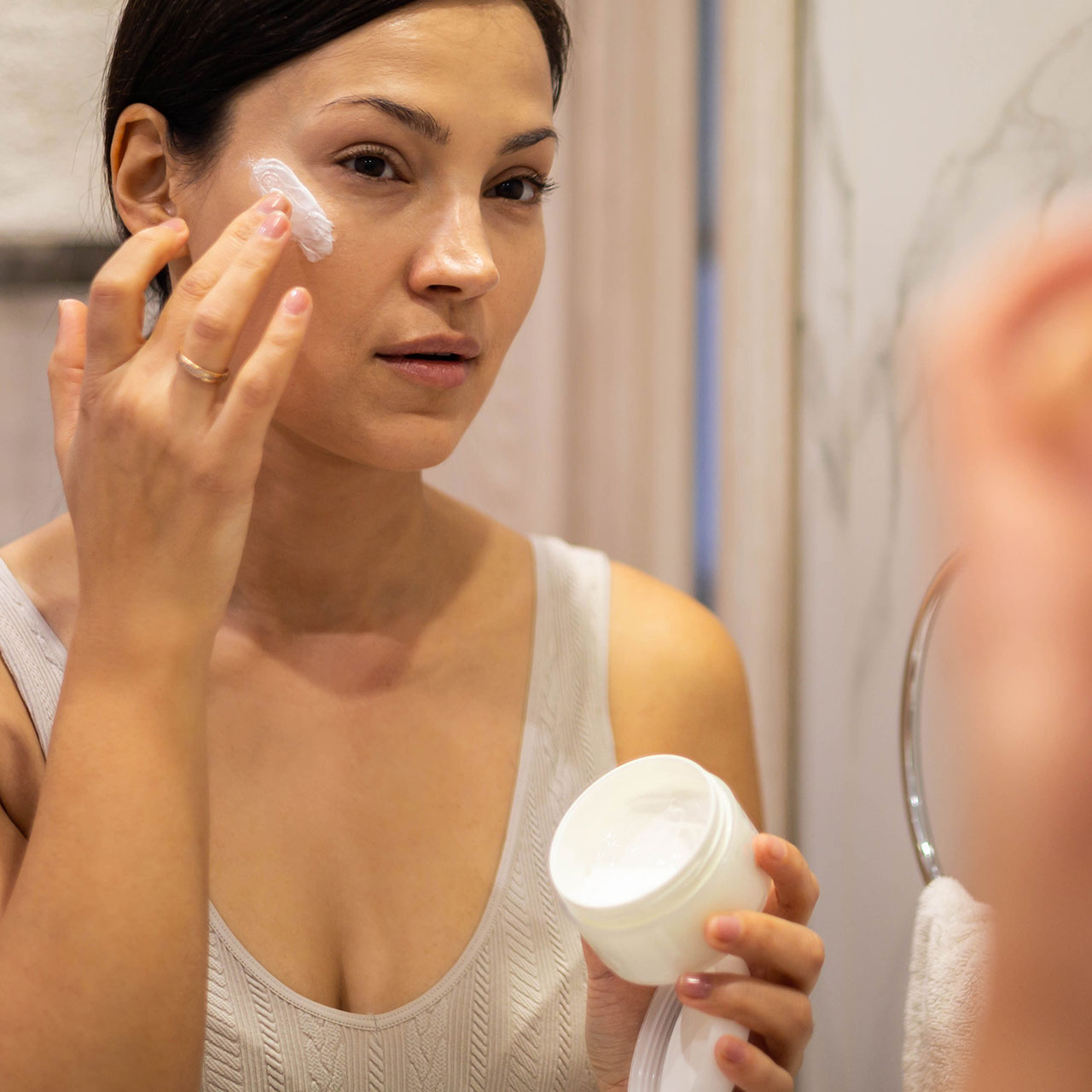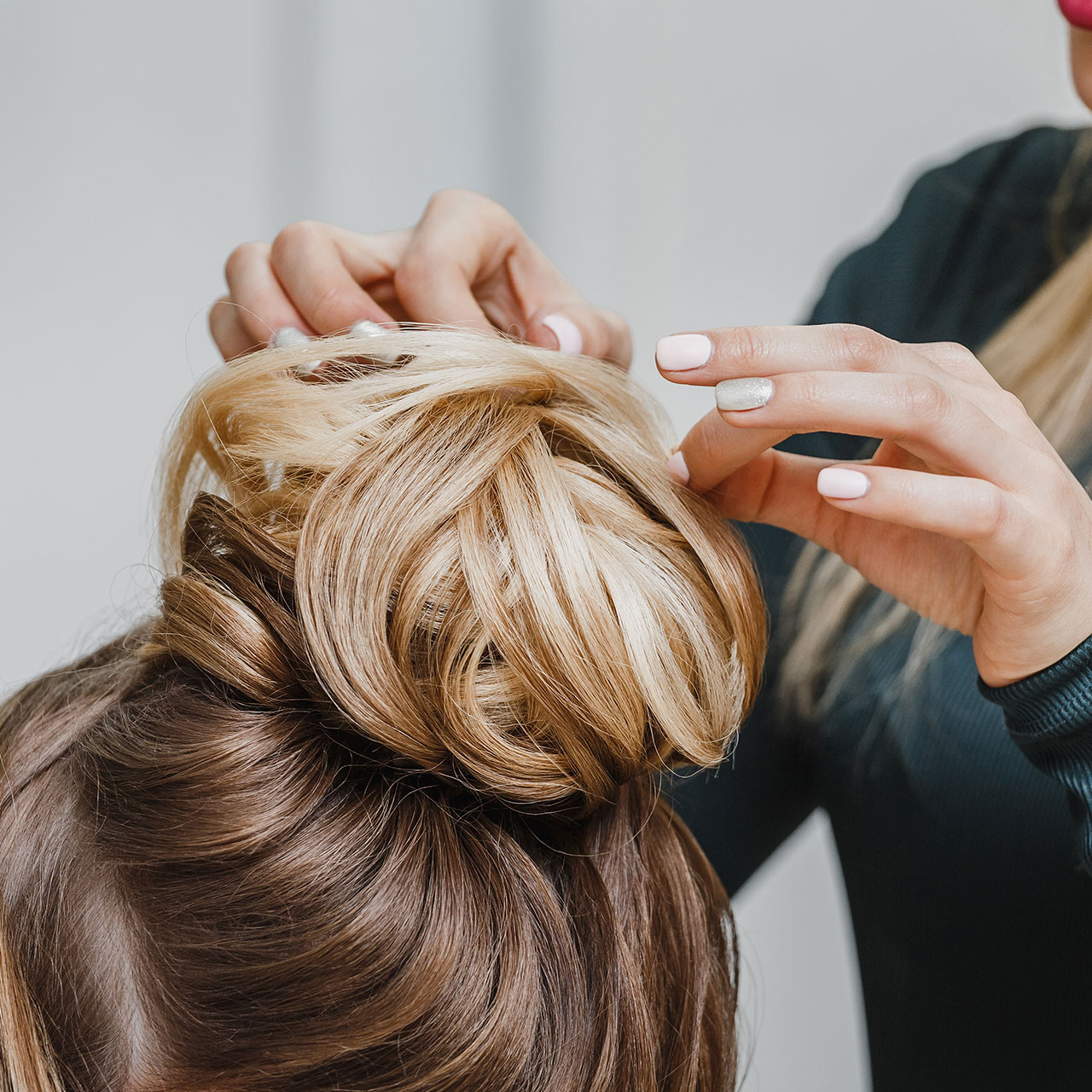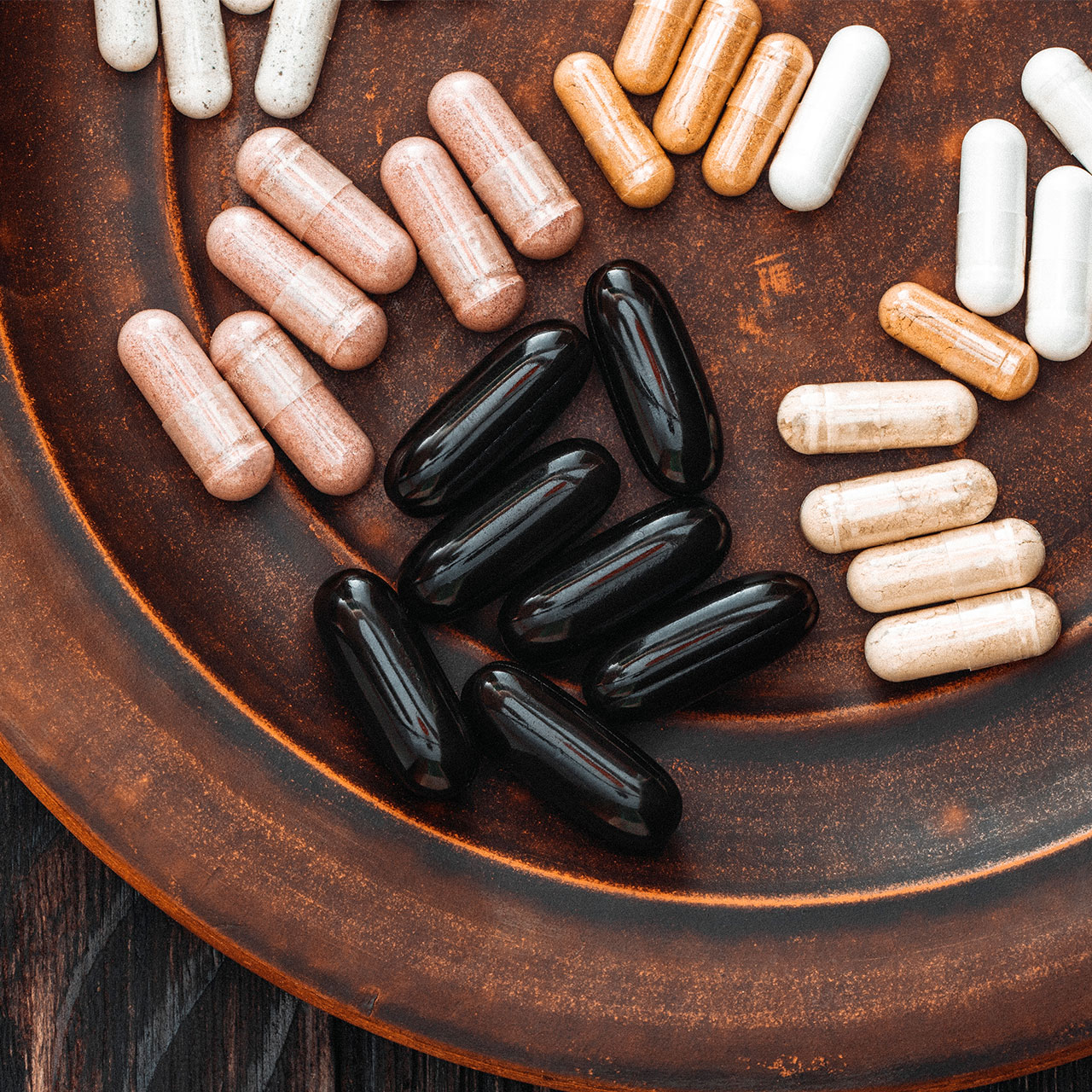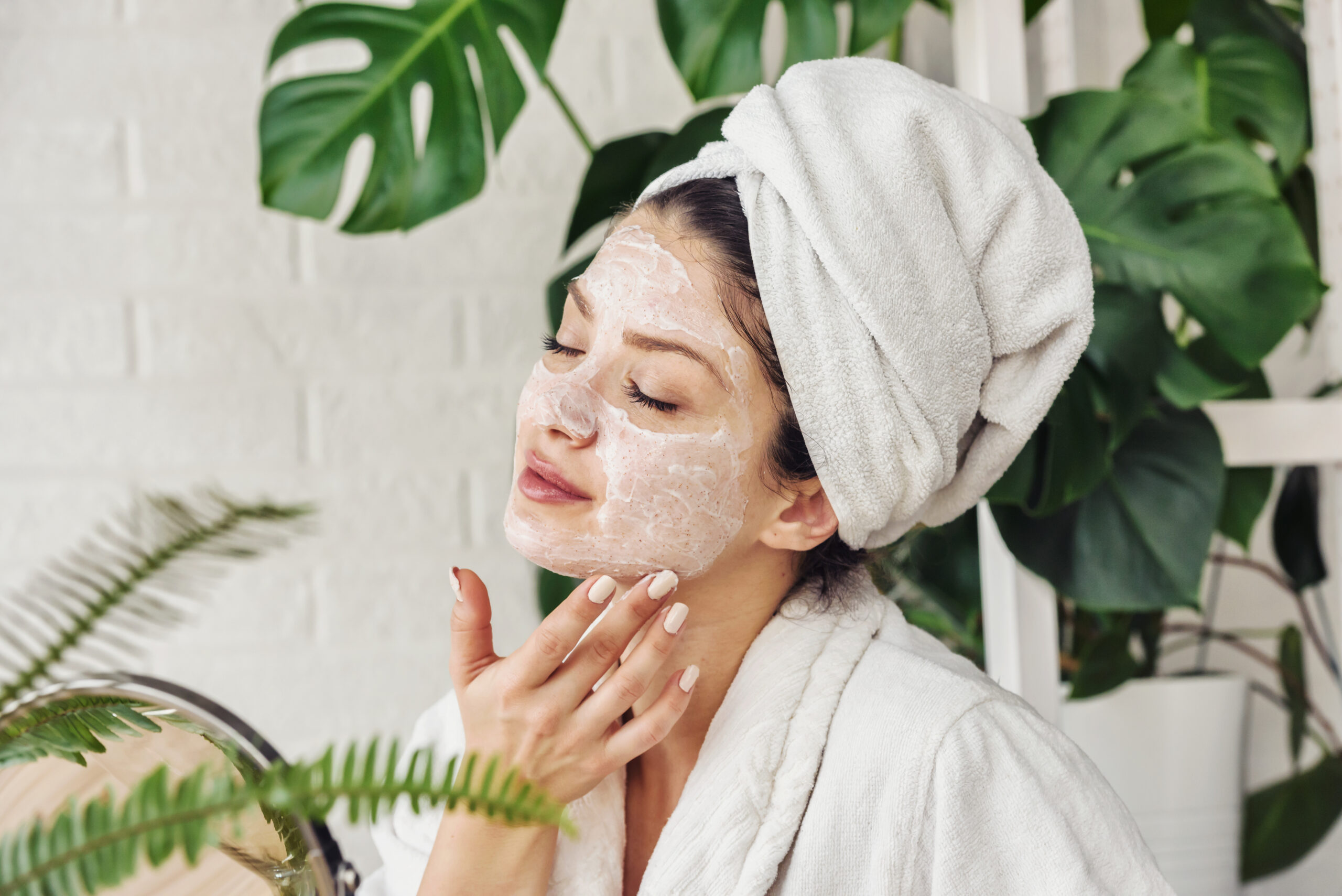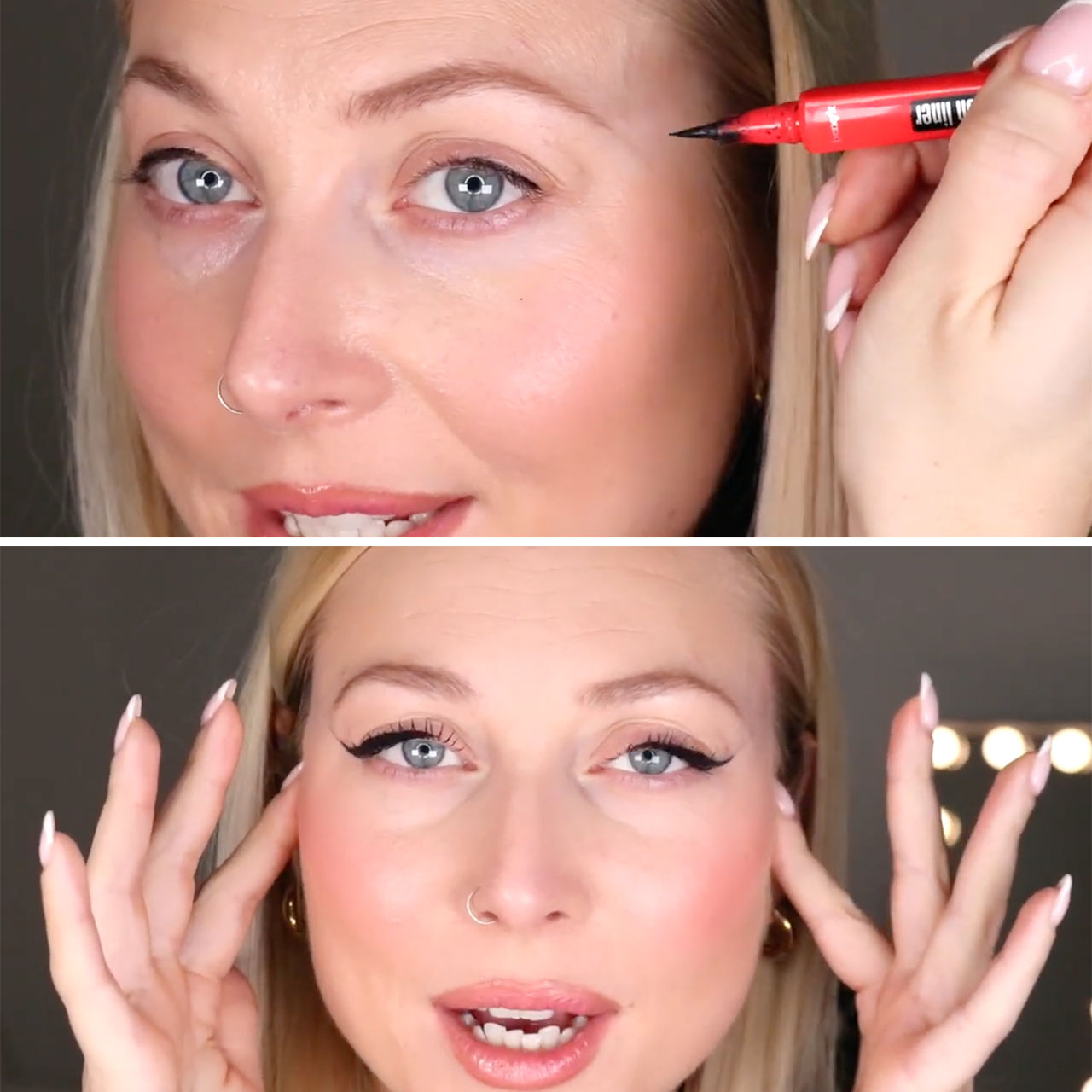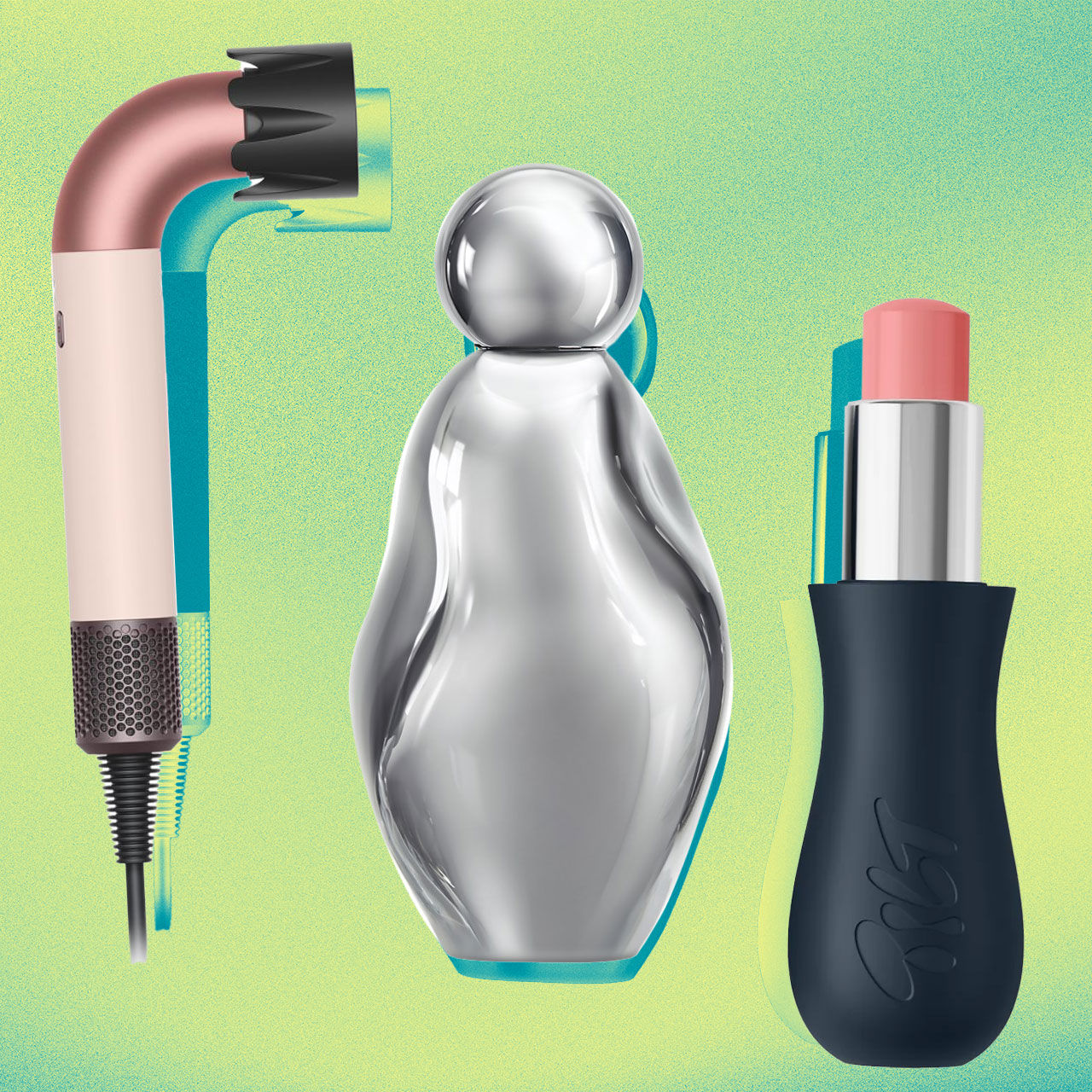In the vast world of skincare products, there are plenty of trendy ingredients that come and go (remember snail mucus?). And many of them have benefits that include intense hydration and skin nourishment. But there are only a few ingredients that stick around, stand the test of time, and prove themselves to be “gold standard” ingredients in skincare. Along with retinol and vitamin C, niacinamide is a top-notch ingredient that many skin experts will say you’ll want to add to your routine ASAP.
Niacinamide is a form of vitamin B that can be taken as a supplement and used topically as a serum or moisturizer ingredient. It’s quickly gaining a name for itself as a superior moisturizing ingredient that works on all skin types — even sensitive skin. Dr. Rebecca Marcus, board-certified dermatologist and founder of Maei MD, explains why people who add niacinamide to their skincare routine retain healthy-looking, glowing complexions.
What does niacinamide do?
Niacinamide is a water soluble vitamin that has several benefits in skincare, according to Dr. Marcus. “It helps to soothe irritated skin by fighting inflammation as well as strengthening the skin barrier,” Dr. Marcus said. “It is also known for its ability to help regulate oil production and improve the appearance of visible pores. Niacinamide can also help fight excess pigmentation.”
Who benefits from niacinamide?
Proving that it is truly a multi-talker, Dr, Marcus says all age groups can benefit from niacinamide — it’s a very versatile and useful ingredient. “Infants and children will benefit from skin barrier strengthening and anti-inflammatory properties, adolescents will likely appreciate niacin amide’s ability to regulate oil production, and adults benefit from brightening and improved appearance of pores, as well as the other benefits previously mentioned,” Dr. Marcus raved.
Does it pair well with other ingredients?
Niacinamide works well with many other ingredients, including hyaluronic acid, antioxidants, and peptides — so it’s a simple ingredient to add to your existing skincare routine. “For example, Serum 6 by Maei MD contains an effective concentration of niacinamide, paired with Vitamin C, hyaluronic acid, peptides, plant based stem cells and probiotics,” Dr. Marcus said.
Serums have a light texture and are usually a potent source of active ingredients. They are best used on clean skin, right after cleansing and before applying creams or sunscreen, she added.
How well does niacinamide work on acne-prone skin?
In one word: well. While the vast majority of acne serums and creams contain harsher ingredients that can dry out both pimples and surrounding skin, niacinamide acts on sebaceous glands to help regulate oil production, which in turn can help to decrease acne — but it also provides moisture.
“As a hydrating, skin barrier boosting ingredient with anti-inflammatory properties, niacinamide can help to improve acne without some of the negative side effects that may accompany other traditional acne treatments such as benzoyl peroxide and retinoids, which can be irritating to those with sensitive skin,” Dr. Marcus said. “I think of niacinamide as a helpful and beneficial add on ingredient for those with acne. However, niacinamide alone may not be sufficient to fully treat acne.”
It’s important to choose a concentration that works well with your skin type. Niacinamide’s effective concentration is between 2-5%. Higher than that can cause irritation, and lower will be ineffective, according to Dr. Marcus — consider a lower concentration if you have sensitive skin.
If you’re looking to rev up your skincare routine, adding a niacinamide serum is the way to go.


